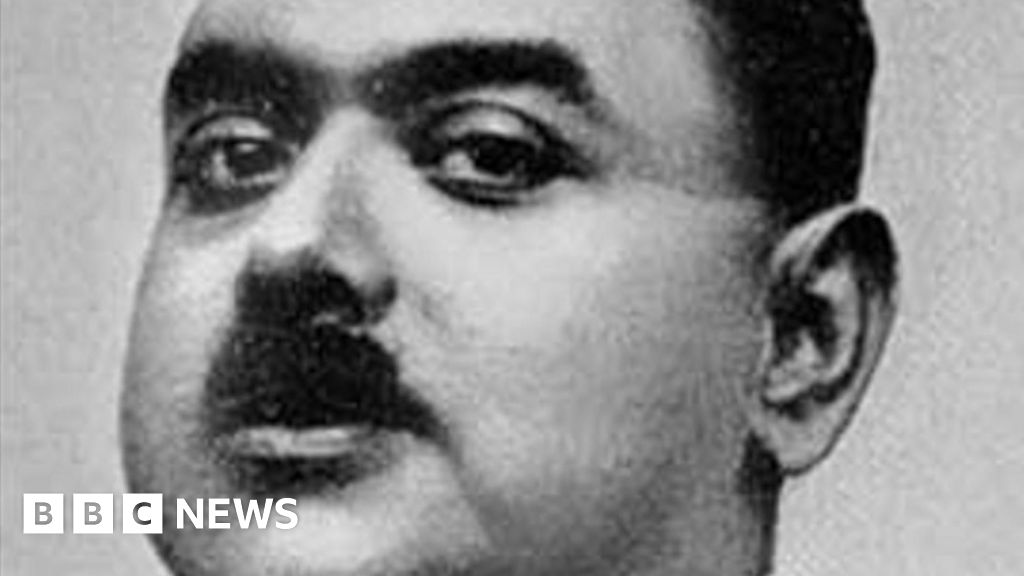An Indian archaeologist, whose career was marked by brilliance and controversy, made one of the world’s greatest historical discoveries. Yet he remains largely forgotten today.
In the early 1900s, Rakhaldas Banerjee (also spelled Banerji) unearthed Mohenjo-daro - meaning “mound of the dead men” in the Sindhi language - in present-day Pakistan. It was the largest city of the thriving Indus Valley (Harappan) Civilisation, which stretched from north-east Afghanistan to north-west India during the Bronze Age.
But while his discovery of Mohenjo-daro was ground-breaking, Banerjee’s legacy is clouded by disputes. His independent streak and defiance of colonial protocols often landed him in trouble - tainting his reputation and perhaps even erasing parts of his contribution from global memory.



He isn’t forgotten, at least in india